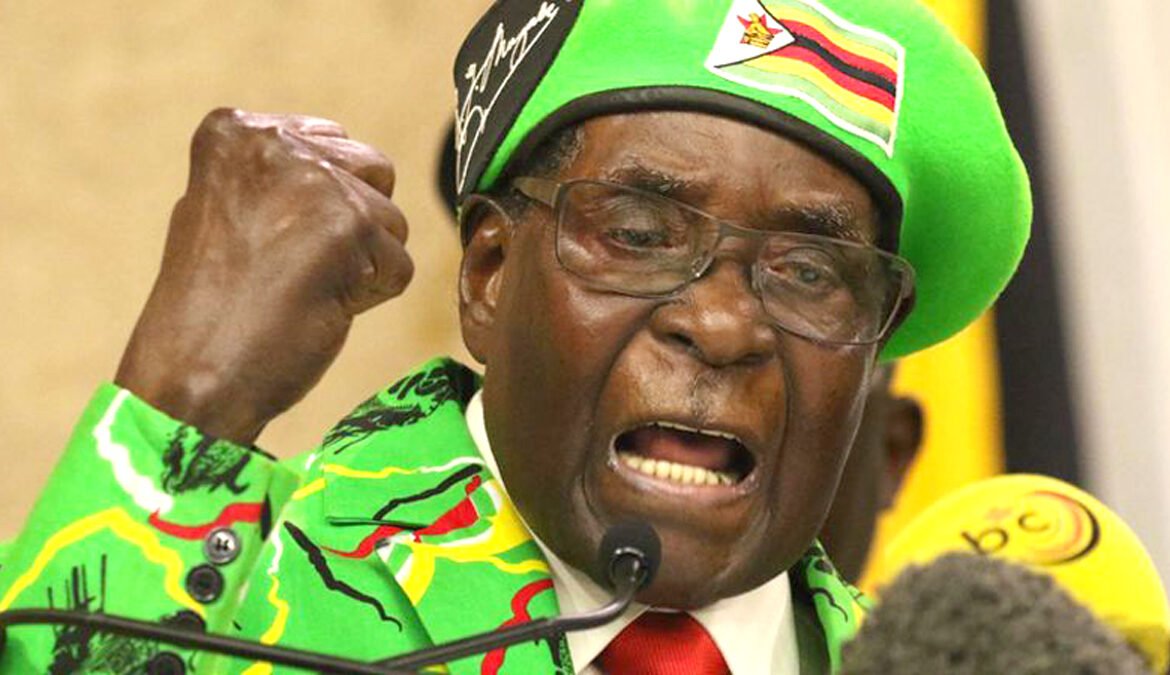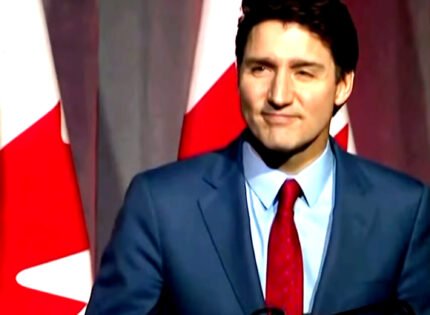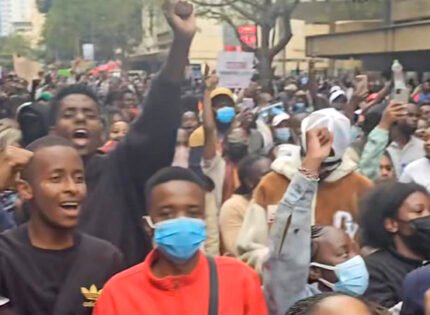ROBERT MUGABE DIED AT A SINGAPORE HOSPITAL ON SEPTEMBER 6
Rosie AWORI
“Mash it up-a in-a Zimbabwe (Zimbabwe)//Africans a-liberate (Zimbabwe)
No more internal power struggle //We come together to overcome the little trouble
Soon we’ll find out who is the real revolutionary//’Cause I don’t want my people to be contrary”
After singing to the crowd, at midnight of April 17, 1980 with tears in his eyes, Bob Marley watched as the Rhodesian flag came down and Zimbabwe’s new flag go up.
His performance wasn’t paid for, instead the iconic reggae star undertook all the expenses for he and his band to perform at Zimbabwe’s independence ceremony.
Because he, just like the rest of the world had been watching Zimbabwe (then Rhodesia), as they struggled for independence spearheaded by the tenacious Robert Mugabe.
His policies in the early years of independence were exemplary, with emphasis on health, education and women’s empowerment, consequently giving Zimbabweans more opportunities.
The first 15 years of his rule saw Mugabe develop Zimbabwe, so much so that Black people in Zimbabwe became the most educated on the African continent (and Zimbabwe up to now is the most educated nation in Africa).
Mugabe fought to protect the country’s natural resources. In the 1990’s even after independence the Blacks were still being oppressed. The whites that had grabbed land were mistreating the Blacks who worked for them. It was brutal. Blacks lost all means of economic production. Mugabe wasn’t going to have it; he instituted land reforms taking back Zimbabwean land from the whites.
The move alienated the West and Zimbabwe felt their wrath. The country was slapped with harsh sanctions and millions fled as the economy took a nosedive.
The once-rich agricultural sector took a beating and Zimbabwe begun to suffer.
In 2008, the country’s economy reached an all-time low with runaway inflation skyrocketing to 79.6 billion percent something not seen since Weimar’s Germany, during the Great Depression.
The following year, Zimbabwe stopped printing its own money, and began using currencies from other countries.
Meanwhile Mugabe had been battling his own personal demons; he lost his Ghanaian born wife, Sally Francesca Hayfron who was heralded as the mother of reform and progress in the nation,
in 1992. He married his secretary and mistress Grace Ntombizodwa in 1996. The nation didn’t take to her dubbing her, wicked Grace or Gucci Grace as a result of her love for luxury shopping.
Grief, sanctions, economic turmoil as the years progressed, Zimbabwe changed and so did Mugabe.
Despite Zimbabwe’s deepening economic crisis, Mugabe continually rebuffed calls to step down, insisting he would leave office only when his “revolution” was complete.
That, he said, meant until the end of his days on earth: “Only God who appointed me will remove me — not the MDC, not the British.”
He focused his ire on the economic sanctions imposed by the United States and the European Union, which he said were “unjustified” and “illegal” and intended to bring about regime change.
His death on September 6, at a hospital in Singapore was received with mixed reactions. With some celebrating his departure as good riddance to bad trouble, while a majority across the continent mourn the loss of an African revolutionary… a true revolutionary.
He was 95.
Russian President Vladimir Putin said, “Many important events in contemporary history of Zimbabwe are linked with the name of Robert Mugabe. He made a major personal contribution to the struggle for your country’s independence and to building institutions of Zimbabwean statehood.
The people of Russia will remember him as a consistent advocate of developing friendly relations between our countries and a person who had accomplished a great deal to strengthen mutually beneficial bilateral cooperation.”
The former colonial master, Britain through the office of the prime minister issued a statement of condolence that said, “There will be mixed emotions in Zimbabwe at today’s news. We of course express our condolences to those who mourn but know that for many he was a barrier to a better future. Under his rule the people of Zimbabwe suffered greatly as he impoverished their country and sanctioned the use of violence against them. His resignation in 2017 marked a turning point and we hope that today marks another which allows Zimbabwe to move on from the legacy of its past and become a democratic, prosperous nation that respects the human rights of its citizens,”
Massa Munetsi, 25, a University of Zimbabwe student, is quoted as saying Zimbabwe was better under Mugabe and his successor had failed to live up to people’s expectations.
“To be honest, despite his flaws, we need to forgive and forget. Surely we all make mistakes and we shouldn’t forget that he fought for this country. During his time things were not this hard, but now we are suffering,” Munetsi said.
“We will miss him. When he fell from power, people were happy because they felt a new government had come, but now we regret the old days. Forgive us, Uncle Bob.”
Monica Mutsvangwa, the information minister, described Mugabe as a father figure. “Some of us, we were like his children to him. We can never write our history without mentioning him,” she said.
Robert Mugabe, a teacher by profession, was the countries’ stalwart symbol for freedom. He became Zimbabwe’s prime minister then president in 1980 a position he held until he was ousted in a peaceful coupe d’état in November 2017.
Born, Robert Gabriel Mugabe, on Feb. 21, 1924, in Kutama, northwest of Harare, in an area set aside by the white authorities for Black peasants. He was the son of Gabriel Matibili, a carpenter from Nyasaland (Malawi).
His political thought, like Nelson Mandela’s, took shape in South Africa at Fort Hare Academy, which he attended on a scholarship from 1950 to 1952, earning the first of a string of degrees in education, law, administration and economics.
His years of detention were a time of great political and intellectual activity. In prison, Mugabe, advanced his education, enhancing his reputation for book learning. Union.
Mugabe went on to campaign for Zimbabwe’s independence and spent more than a decade in prison after being arrested in 1963 by the colonial authorities for “subversive speech”.
His dying declaration was that he wanted his funeral to be a private affair without government influence and control.
His nephew Leo Mugabe is quoted as saying that Mugabe was still upset by the way he was removed from office.
“Imagine people you trusted – people that were guarding you, looking after you – [turning] against you,” Leo Mugabe is quoted as saying
“He was very bitter and it dented his legacy, it was not an easy thing for him to take.”
The remains of former Zimbabwe president Robert Mugabe, arrived in his home village on September 16, for a subdued farewell at a dusty sports field after a weekend state funeral with African leaders in the capital.
Mugabe was given a state funeral on September 14, but his body’s return to his place of birth northwest of the capital was a low-key event.
Today after a lifetime of service to his country and continent, the revolutionary has found rest.













